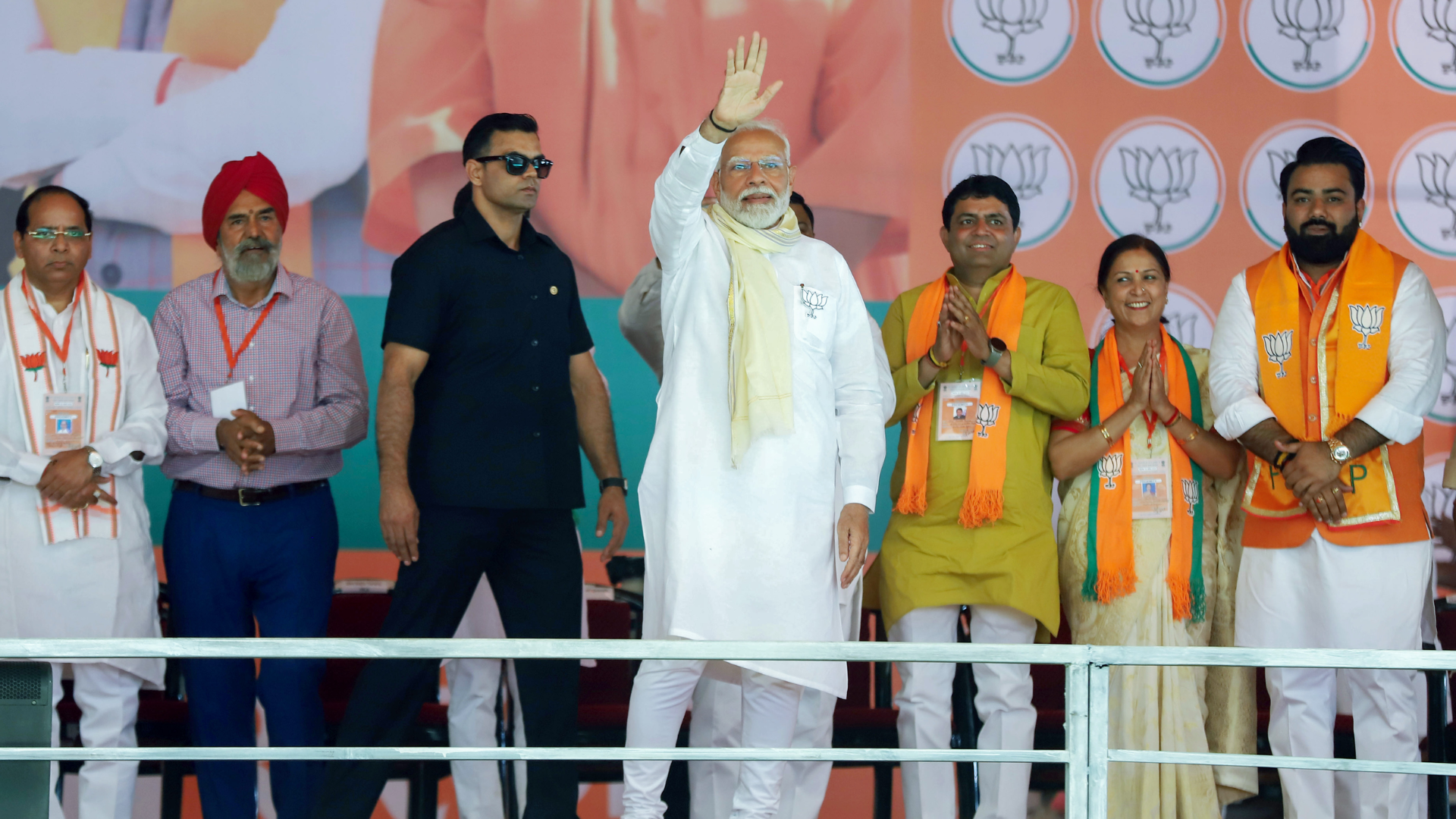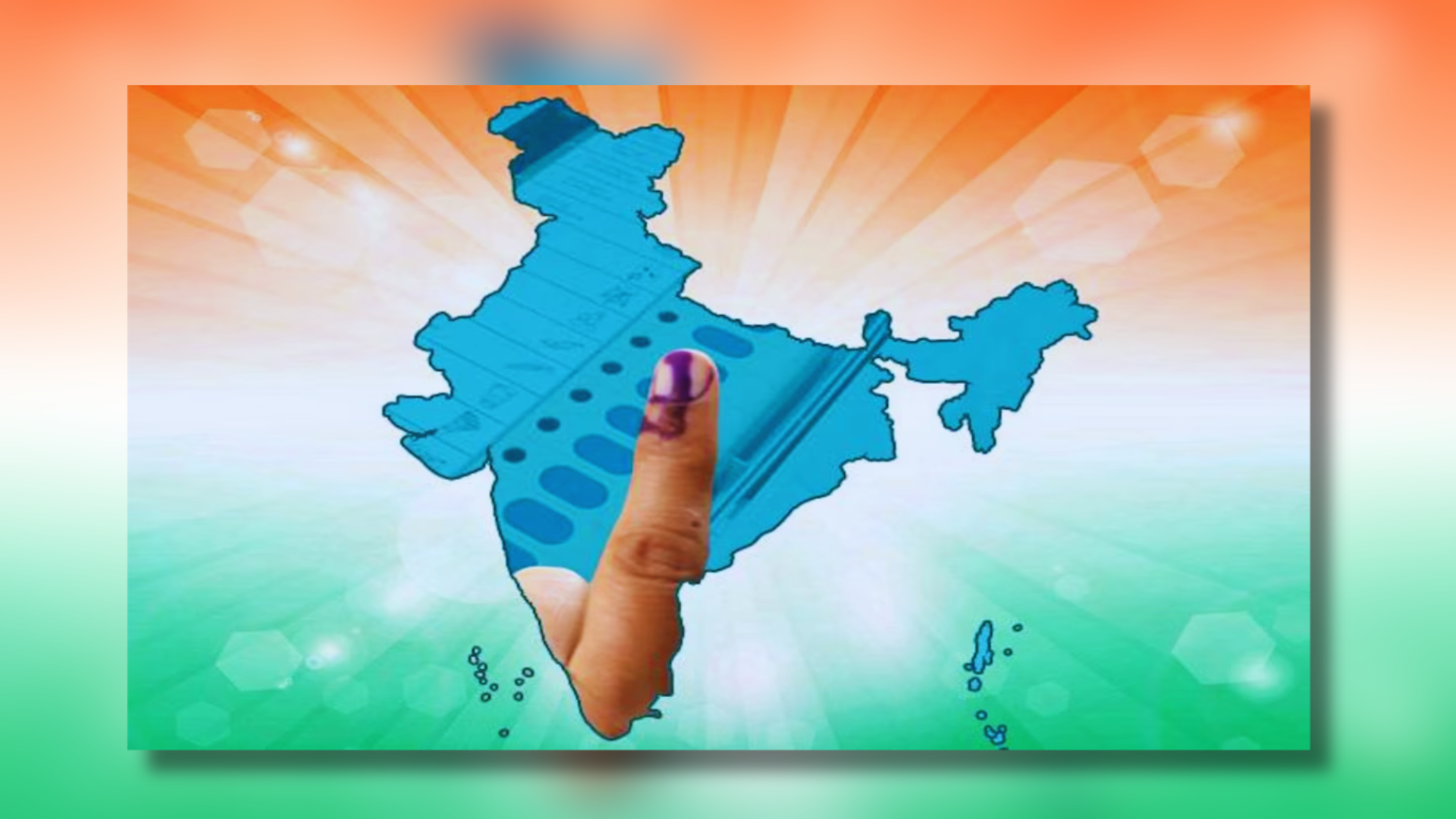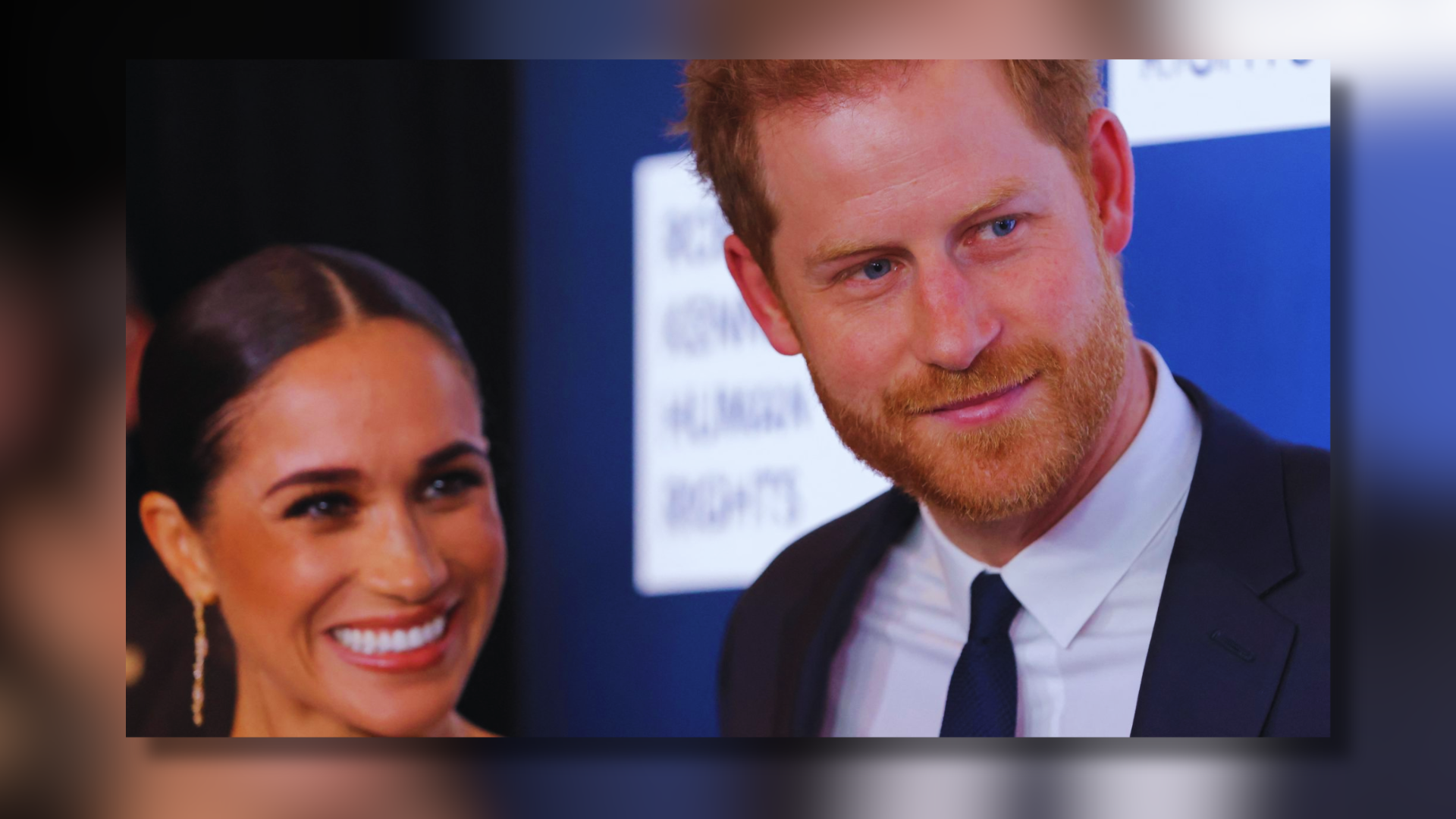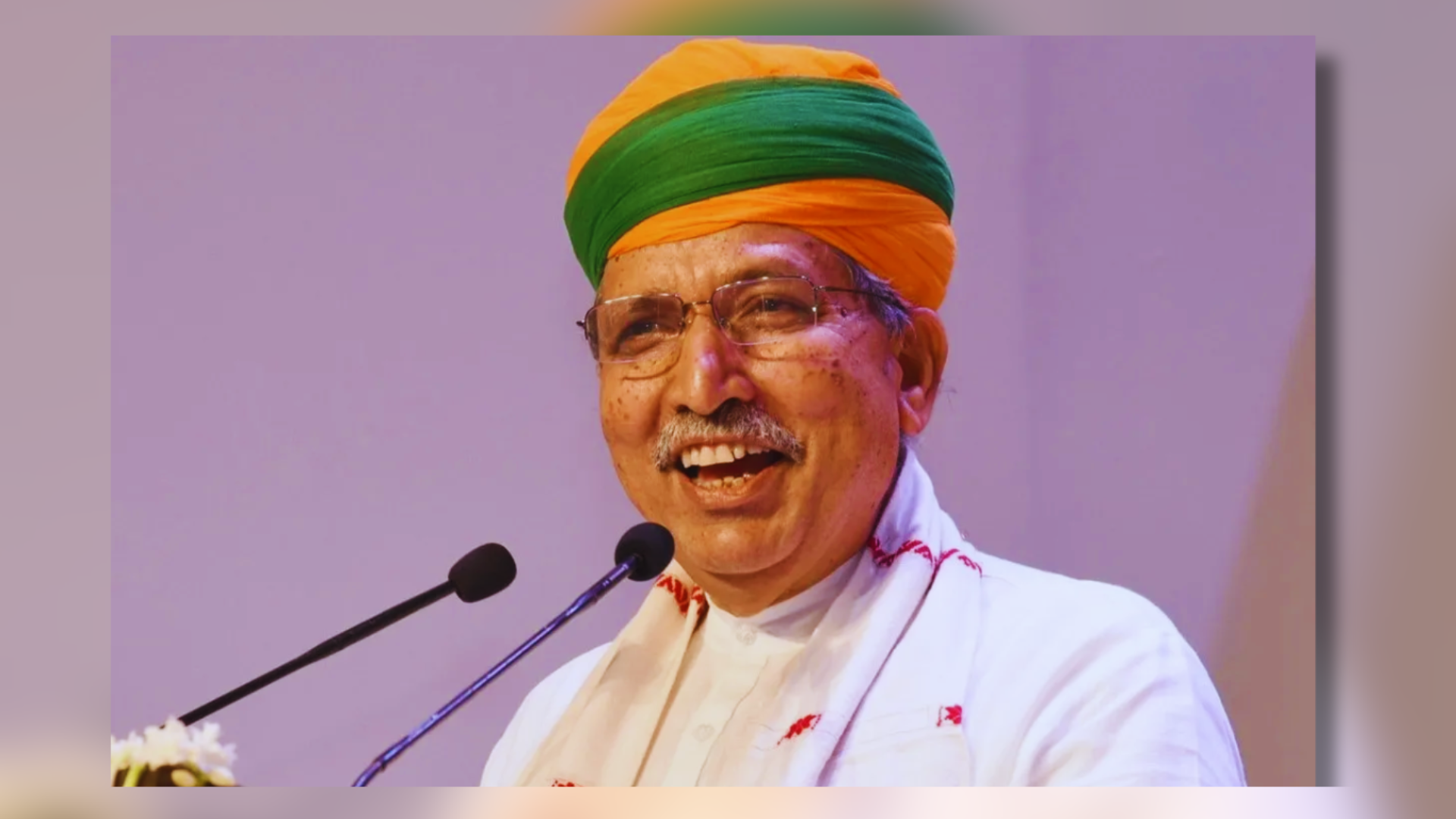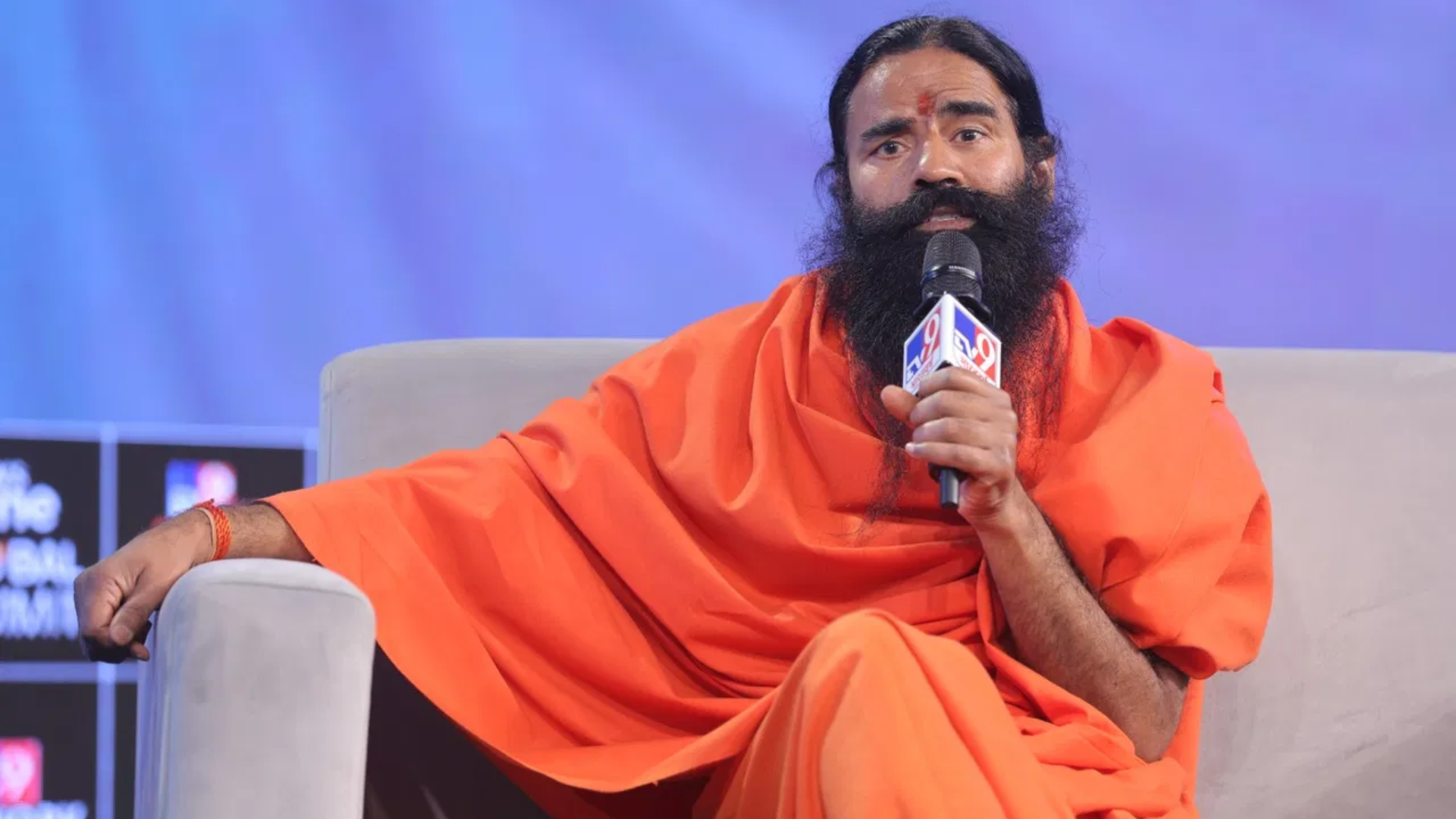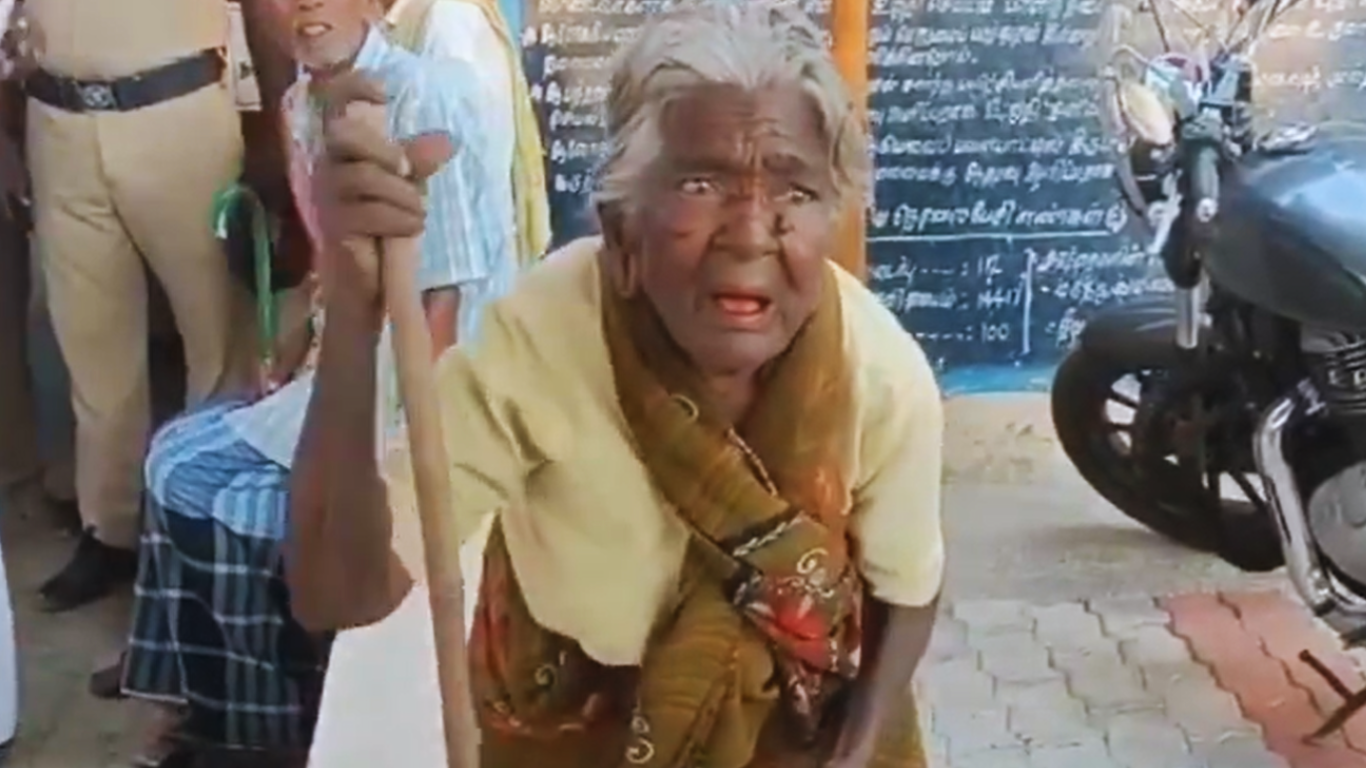








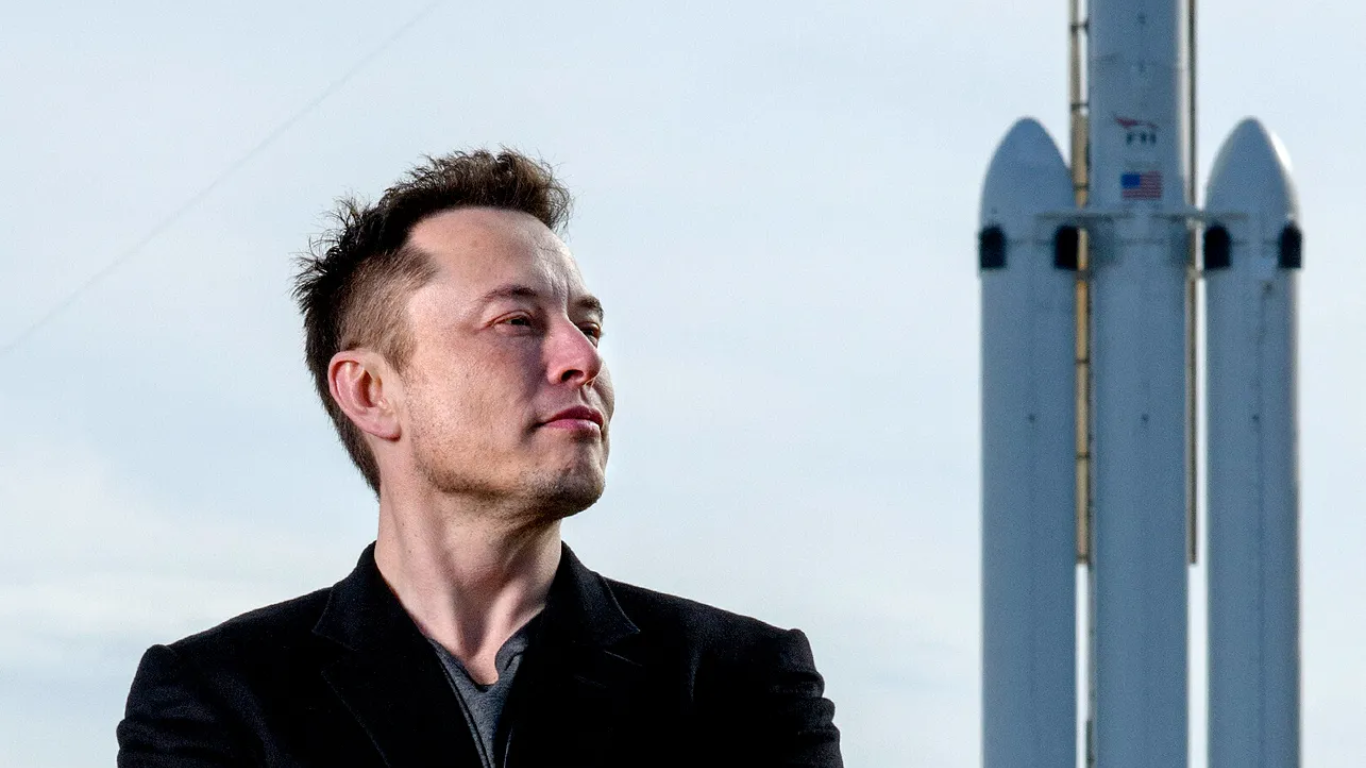
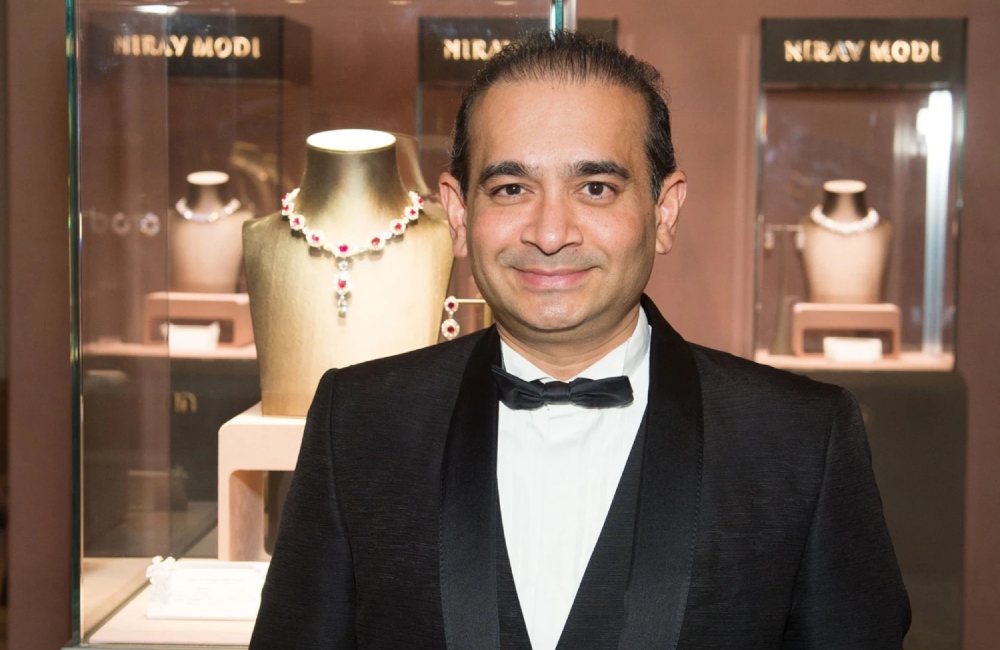
Nirav Modi, a wanted diamond trader, has applied to the High Court in London for permission to challenge the Supreme Court’s decision to extradite him.
The 51-year-old diamantaire lost an appeal on mental health grounds earlier this month when a two-judge High Court bench decided that extraditing him to India to face charges of fraud and money laundering in the alleged USD 2 billion Punjab National Bank (PNB) loan scam case would not be either unjust or oppressive.
Nirav Modi, who is still incarcerated in Wandsworth Prison in London, had two weeks to submit an application seeking an appeal on the basis of a legal issue of wide public significance, which is a high hurdle that isn’t frequently fulfilled, in accordance with experts.
According to UK Home Office sources, Nirav Modi still has legal options available to him, therefore it is unclear if and when extradition may occur.
In response to the most recent motion, the Crown Prosecution Service (CPS), working on behalf of the Indian authorities, is now anticipated to react. A High Court judge is then expected to issue a written decision without conducting a full hearing.
Given the Christmas vacation time the following month, the complete procedure can finally take place in the New Year.
At the Royal Courts of Justice in London, where the appeal had been heard, Lord Justice Jeremy Stuart-Smith and Justice Robert Jay ruled on November 9 that they were “far from satisfied that Mr. Modi’s mental condition and the risk of suicide are such that it would be either unjust or oppressive to extradite him.”
Additionally, they found sufficient evidence to believe that the Indian government (GOI) will take its guarantees on Nirav’s medical treatment in Mumbai’s Arthur Road Jail with “due seriousness.”
According to the judgment, “On the basis of the assurances that the GoI has provided, we accept that there will be appropriate medical provision and a plan in place for the management and medical care of Mr. Modi, which will be provided in the knowledge that he is a suicide risk (i.e., a person who, in the absence of preventative measures, may or will attempt suicide and will or may succeed)”.
Nirav Modi can apply to the European Court of Human Rights (ECHR) to try and block his extradition on the grounds that he will not receive a fair trial and that he will be held in conditions that violate Article 3 of the European Convention on Human Rights, to which the UK is a signatory if his attempt to have his appeal heard by the Supreme Court is unsuccessful.
Because he would also need to show that his claims on those grounds were previously rejected by UK courts, the bar for an ECHR appeal is likewise quite high.
The Central Bureau of Investigation (CBI) and Enforcement Directorate (ED) case against the businessman, who has been imprisoned since his detention in March 2019 on an extradition order, scored a key victory earlier this month with the denial of the High Court appeal.
The most recent High Court decision noted three sets of criminal proceedings against the diamantaire in India: the CBI case involving the PNB fraud, which resulted in losses of more than GBP 700 million; the ED case involving the alleged laundering of those proceeds; and the third set of criminal proceedings involving the alleged tampering with evidence and witnesses in the CBI proceedings.
In April 2021, Judge Sam Goozee of the Westminster Magistrates’ Court issued a decision that led to the then-UK Home Secretary, Priti Patel, ordering Nirav’s extradition. Since that time, the case has been subject to an appeals procedure.

